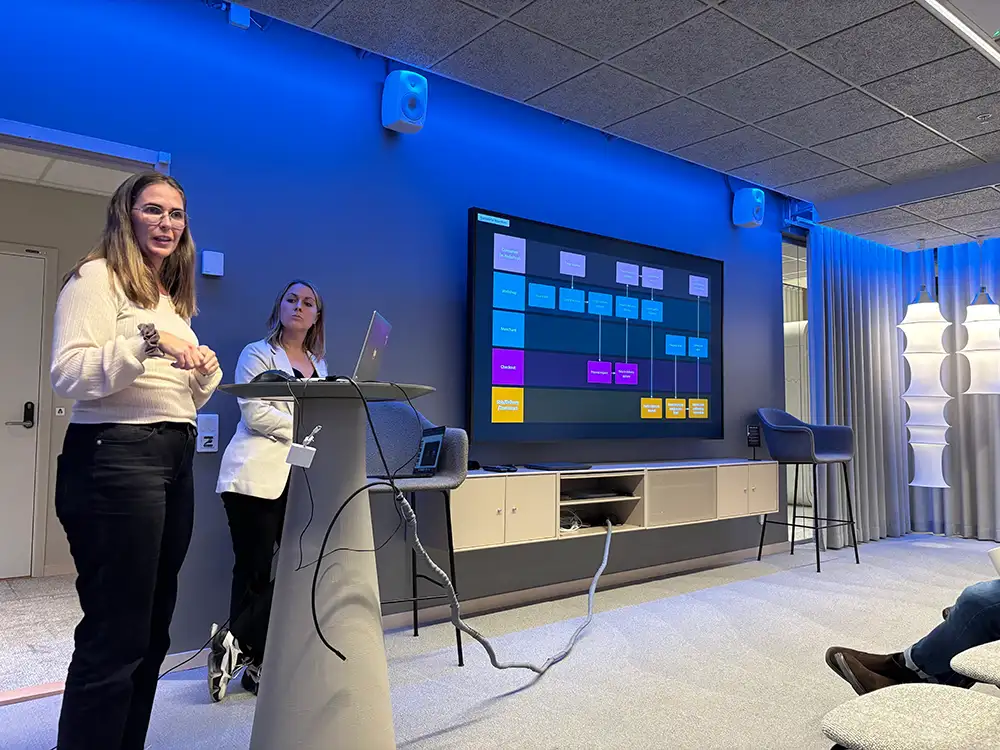
What is q-commerce?
Q-commerce means rapid delivery fulfilment, usually in under 30mins-1hr. Often, it’s used for grocery orders from the local area, where a shopper can browse an online store, do their food shop, then expect it to turn up within half an hour. Recently, it’s been used for a variety of different products, such as tools and cleaning items, expanding from the usual food orders—although, groceries still make up most of this market.
How does q-commerce work?
Often, supermarket or online retail giants open up the omnichannel solution of q-commerce, by connecting local shoppers with their marketplaces and product selections. These quick delivery processes are fulfilled within half an hour by a third party delivery system. Orders are placed with the online retailer, then the shopper can track their delivery on its way, before being delivered in a very short space of time. It’s the vertically integrated specialists’ roles to create local warehouses which can then provide the inventory to the customers.
How can retailers take advantage of q-commerce?
Nowadays, post-pandemic, most people prefer to shop from the comfort of their own home, therefore meaning that they’re less likely to venture out to the high street. However, they want the immediate gratification of having the item almost instantly, which is where q-commerce comes in. As it’s more convenient to buy items online, q-commerce is currently fulfilling a gap in the market, bridging the gratification of instant in-store shopping, with the ease of browsing and finding items online. There’s a huge space for retailers to expand into these omnichannel revenue streams—the latest being ultra-fast fulfilment.
What are the benefits of q-commerce?
When it comes to q-commerce, there are many advantages, such as the benefit of added personalization through AI recommendations. This way, customers can get recommendations based on previous purchases, and expect to receive the item almost instantly—combining the benefits of in-store and online shopping into one. Equally, the delivery process can be made far more efficient, through these local mini-warehouses which bridge the gap between online commerce, and rapid fulfilment. Sustainability is also a bonus, as it’s far easier to deliver items by bicycle, electric motorcycle or van, when it’s from a shorter distance.
How can we help?
nShift partnered with rapid delivery provider Foodora earlier this year, in order to bring q-commerce fulfilment to its partners. Read more about the collaboration with Foodora here.
About the author





